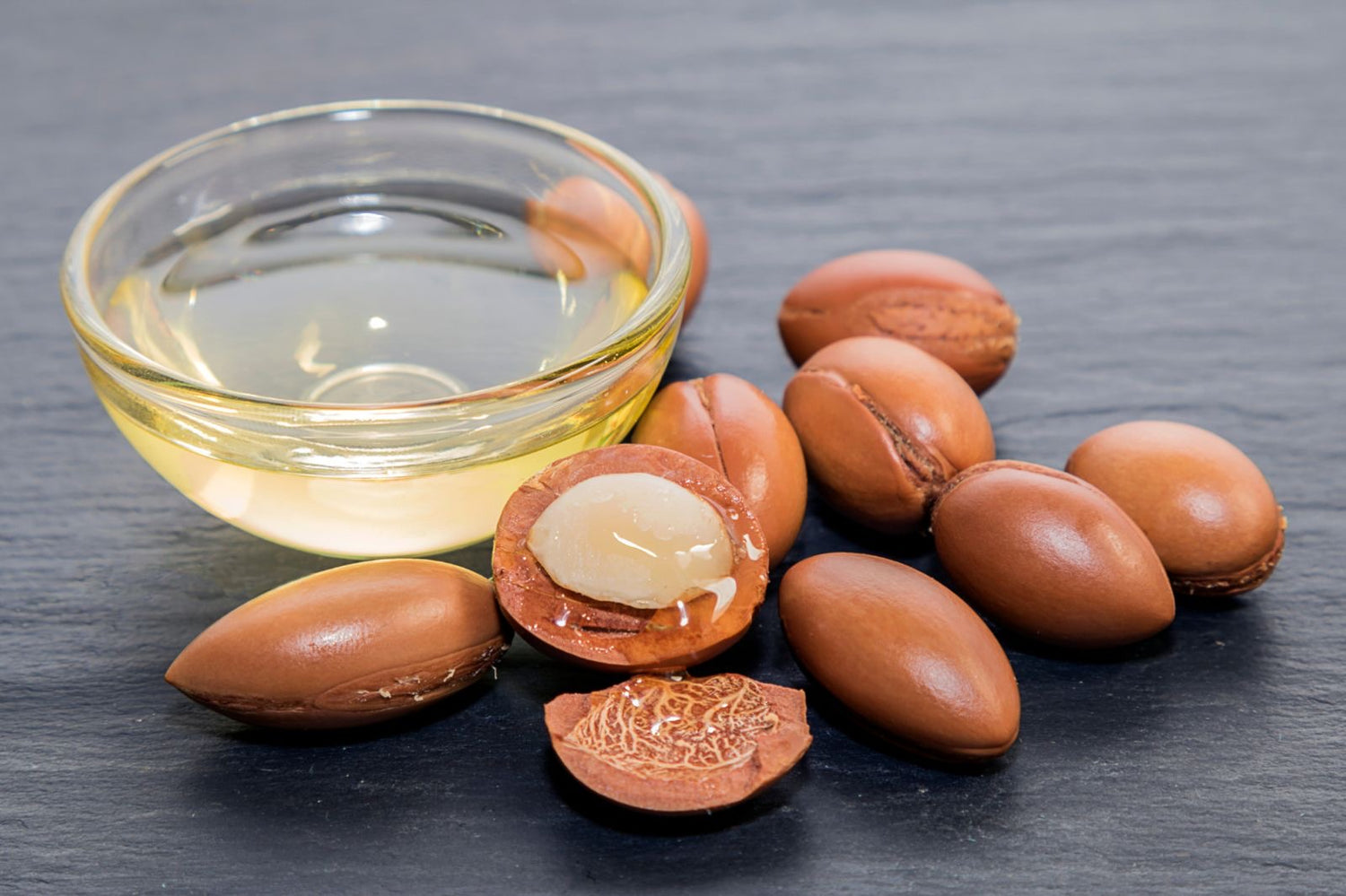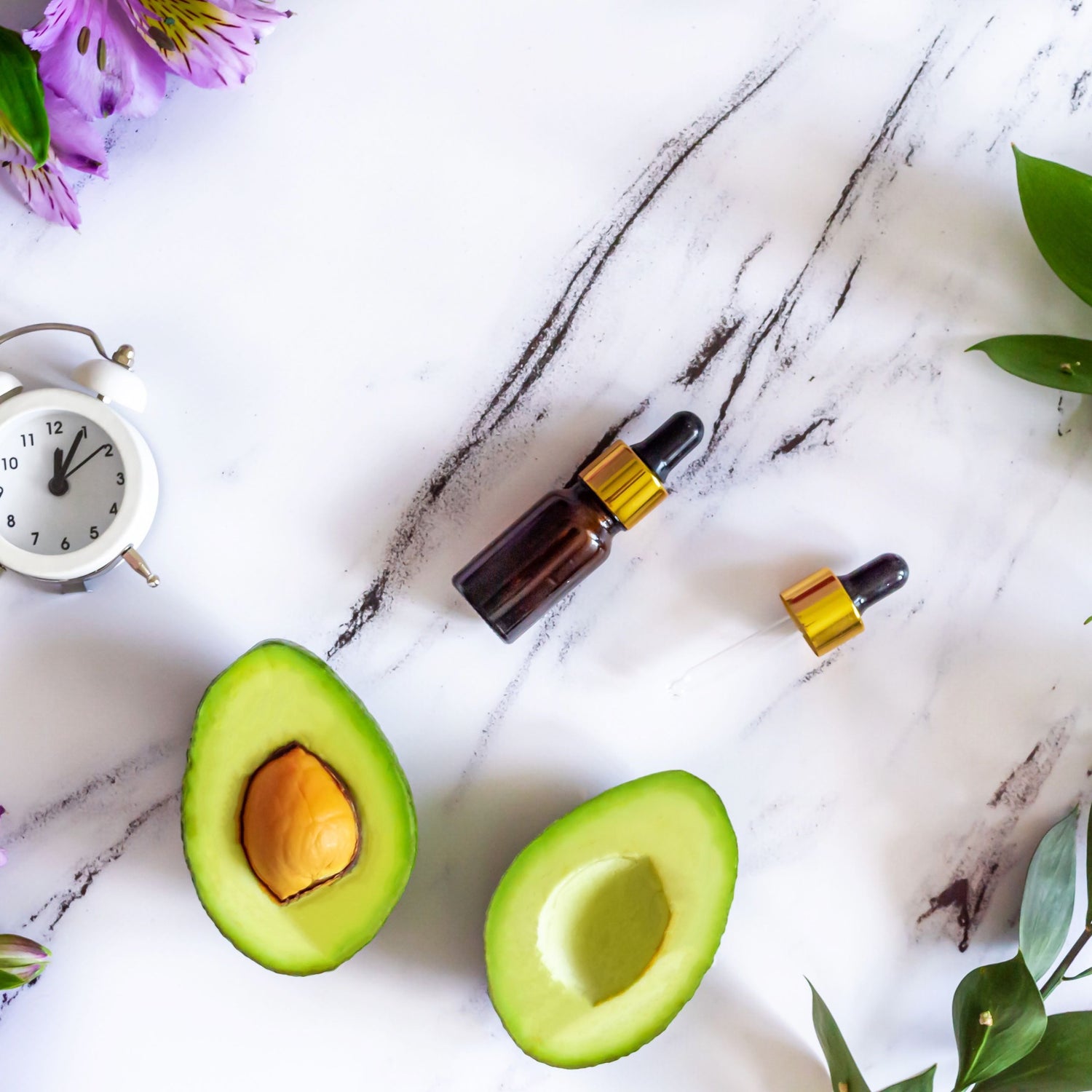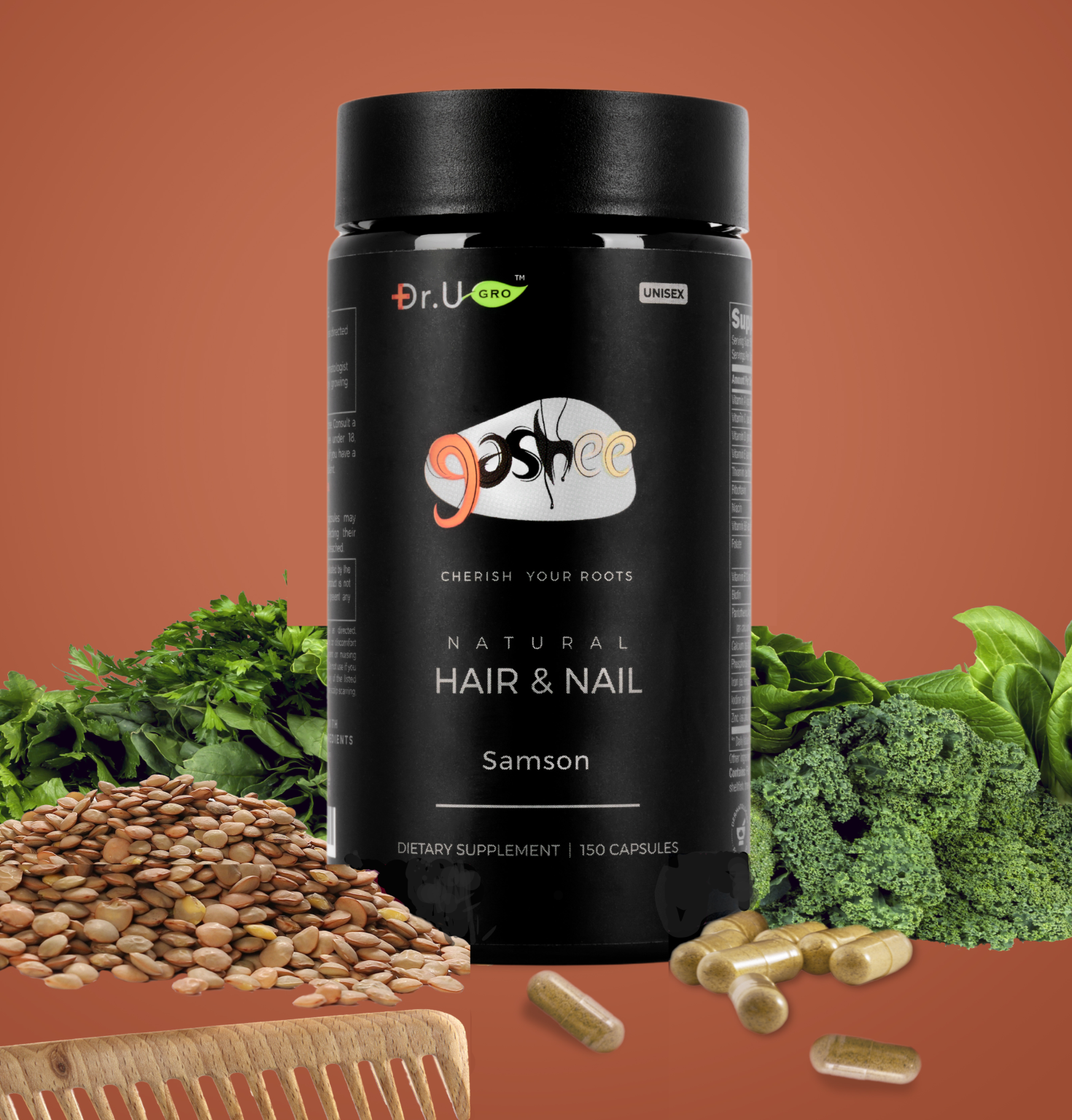What is Apigenin?
Apigenin is a bioflavonoid compound found in plants that exhibit potent anti-oxidant properties. Natural sources include: celery, chamomile tea, parsley, grapefruit, onions, oranges, wheat sprouts, grapes, and cherries. Besides being an anti-oxidant, apigenin is also known for its anti-inflammatory and anti-tumor healing capabilities. However, there is one other interesting property that could potentially make a huge difference for male pattern baldness sufferers. Researchers also believe that apigenin for hair loss may inhibit a detrimental androgen inducible protein known as TGF-B1. This compound helps regulate the progression of the hair follicle life cycle.
The follicle goes through three basic stages:
- Anagen where hair is actually growing
- Catagen which progressively ends the hair growth stage
- Telogen where the hair follicle is not constructing new hair strands and is resting.
TGF-B1 (also known as transforming growth factor) is a compound produced by the hair follicle cells which starts the catagen stage. This was shown in experiments on mice follicles, where TGF-B1 was produced in greater concentrations during the late anagen phase and the onset of catagen. So far, drug treatment for androgenic alopecia has primarily focused on blocking the enzyme that breaks testosterone down into DHT. However, another pathway includes the role of TGF-B1 which ends the active growth phase to induce the catagen stage. It suppresses both hair production and epithelial cell division in the follicles affected by male pattern baldness. Apigenin for hair growth might offer new hope for androgenic alopecia by inhibiting TGF-B1.

A Cell Assay Study to Test Apigenin Benefits for Hair Follicles
To test this hypothesis, researchers conducted an experiment to observe changes in the amount of gene expression (upregulation or downregulation) for TGF-B1 as a result of various compounds they wanted to test. These included:
- DHT
- Apigen
- Curcumin (constituent found in turmeric)
To achieve this, they designed a cell assay system that utilized a vector, human skin cells, and different compounds that would either suppress or enhance the production of TGF-B1 in these cells. An assay is an analysis that determines the presence or quantity of a substance. In this case, the researchers wanted to observe how much TGF-B1 would be produced by human skin cells as a result of the three compounds. They included the following key elements in their cell-based reporter assay system:
- Human keratinocytes and epithelial cells (HaCaT)
- Plasmid Vector (pMetLuc-TGF-B1) containing gene sequence for luciferase and a promoter sequence for TGF-B1
- DHT, curcumin, and apigenin for hair follicle testing
Plasmid vector molecules are used in biotechnology to introduce new DNA segments into cells to produce proteins. They are essentially circular structures of DNA from viruses. This DNA can be manipulated in labs to accommodate other genes, particularly regulatory sequences such as enhancers or promoters. These are responsible for the efficient development of protein structures. Once inserted back into the virus, the virus transfects the target segments into the host DNA (in this case, human skin cells) to create the TGF-B1 proteins. In this particular research, scientists designed a plasmid vector that contained a gene sequence that codes for a protein enzyme known as luciferase as well as a promoter gene sequence for TGF-B1. The promoter segment would produce a protein that signals the start of the transcription process (i.e. reading the gene code), and subsequently the construction of the TGF-B1 molecule. In short, the promoter’s job is to start the process of reading the gene code in order to form the TGF-B1. The purpose of forming luciferase is to report, or indicate the actual formation of new TGF-B1 proteins, acting as an agent for bioluminescence. This is achieved by introducing a chemical called Ready to Glow™ which binds to the luciferase, causing the entire molecule to light up.
The goal of the first phase of this experiment on apigenin for hair follicles was to produce a baseline concentration level of TGF-B1 from the human skin cells, transfecting them with the pMetLuc-TGF-B1 vector.

The objective of the second phase was to see what would happen to this baseline concentration after introducing curcumin (control), DHT, and apigenin for hair cells from the human follicle. They transfected the HaCaT cells with their engineered vectors for 24 hours before exposing this cultured media to the three compounds. Based on their findings, the researchers noted that curcumin acted to downregulate gene expression for the TGF-B1. They also gained new insight that DHT acts as an up-regulator for TGF-B1 which then ends the anagen stage to start the catagen regression phase of hair production. Apigenin for hair growth also acted as a down-regulator and surpassed the performance of the curcumin control at suppressing the gene expression for TGF-B1.
The Effects of Apigenin for Hair on Whole Follicles
The researchers had observed the down-regulatory effects of apigenin on human keratinocytes and epithelial cells. However, they also wanted to know if consistent findings would occur for whole hair follicles. They decided to expose apigenin to rat vibrissae (i.e. whiskers) follicles. The research team isolated the rat whisker follicles and treated them with different concentrations of apigenin (5 μM, 10 μM, and vehicle control concentration) to see if the hair shaft length would increase or change. They found that 5 μM apigenin for hair growth was able to produce the biggest increase in length, compared to the 10 μM level and the vehicle control.
The Effect of Apigenin for Hair Follicle Cell Proliferation
Based on their in-vitro experiment, the researchers noticed that the TGF-B1 had an inhibitory effect on the proliferation of human keratinocytes. They were interested in seeing if apigenin for hair follicles could downregulate the expression of the TGF-B1 gene and improve the rate of cellular reproduction. TGF-B1 induces the catagen stage by signaling the processes for cell death (apoptosis). Thus, inhibiting this compound may produce the opposite effect, helping to enhance the rate of cellular reproduction in follicles. To test this concept, the scientists devised cell proliferation assays consisting of the following cell types from the human follicle:
- Human DPCs (dermal papilla cells)
- HaCAT cells (epithelial and keratinocyte cells)
After exposing the cells to the concentration levels 1 μM and 5 μM of apigenin for hair follicles, the researchers noticed an enhanced proliferation of both cell types.
Additional Questions for Research on Apigenin for Hair Growth
This research study provides support for apigenin’s general ability to inhibit TGF-B1 as a secondary chemical pathway (besides lowering DHT) for treating male pattern baldness. The authors of this study believe that the use of apigenin has the potential to serve as an adjunct treatment for androgenic alopecia. However, much of the experimentation was performed in vitro, on cultured human hair follicle cells, outside the body. The portion of the research on rat vibrissae was conducted on whole hair follicles. However, these were isolated from the animals. Answering additional questions for continued research would involve further and more in-depth studies on human beings, within the natural scalp environment of the hair follicles. This would help them obtain answers about potential side effects of using apigenin for hair growth. Further studies would also need to address differences in the performance of apigenin on follicles within the human system versus cell assay environments.
Frequently Asked Questions on Apigenin for Hair Loss
Should I take an apigenin supplement for hair loss?
Although the research discussed above provides findings that support apigenin’s ability to potentially treat hair loss, there are no documented studies on the use of apigenin nutritional supplements that can reverse balding and thinning. Furthermore, you should also consider the causes behind why you are losing hair. This could be due to stress, nutritional deficiencies, inflammation due to microbes, or side effects from prescription medications. Another important consideration would be the stage of your hair loss, whether it is early or more advanced. If you are interested in taking supplements, consult with your physician and do so with the focus on improving your general state of health. It should be noted, however, that oral apigenin supplements may have unintended side effects due to the fact that it passes through the bloodstream once consumed. Thus, it can potentially affect areas other than the hair and scalp.
Would a topical treatment that includes apigenin promote hair growth?
Based on the research findings discussed in this article, a topical treatment with apigenin may help to improve the scalp environment and promote better health conditions for the hair follicle. However, in order for topicals to work, it is necessary for the ingredient set to include skin-penetrating enhancers that would help the treatment reach and affect the hair follicles.
Besides apigenin benefits for hair follicles, how else can this compound improve my health?
According to many articles you can find throughout the internet, apigenin serves as a potent antioxidant that helps to fight premature aging processes in the body. It can also work as an anti-inflammatory agent and even fight or help prevent cancer. Other purported benefits include reducing the risk of heart disease. Apigenin has been reputed to exert a mild sedative effect and may also reduce anxiety.
References
(1) Huh S, Lee J, Jung E, et al. A cell-based system for screening hair growth-promoting agents. Arch Dermatol Res 2009;301(5):381-5.





